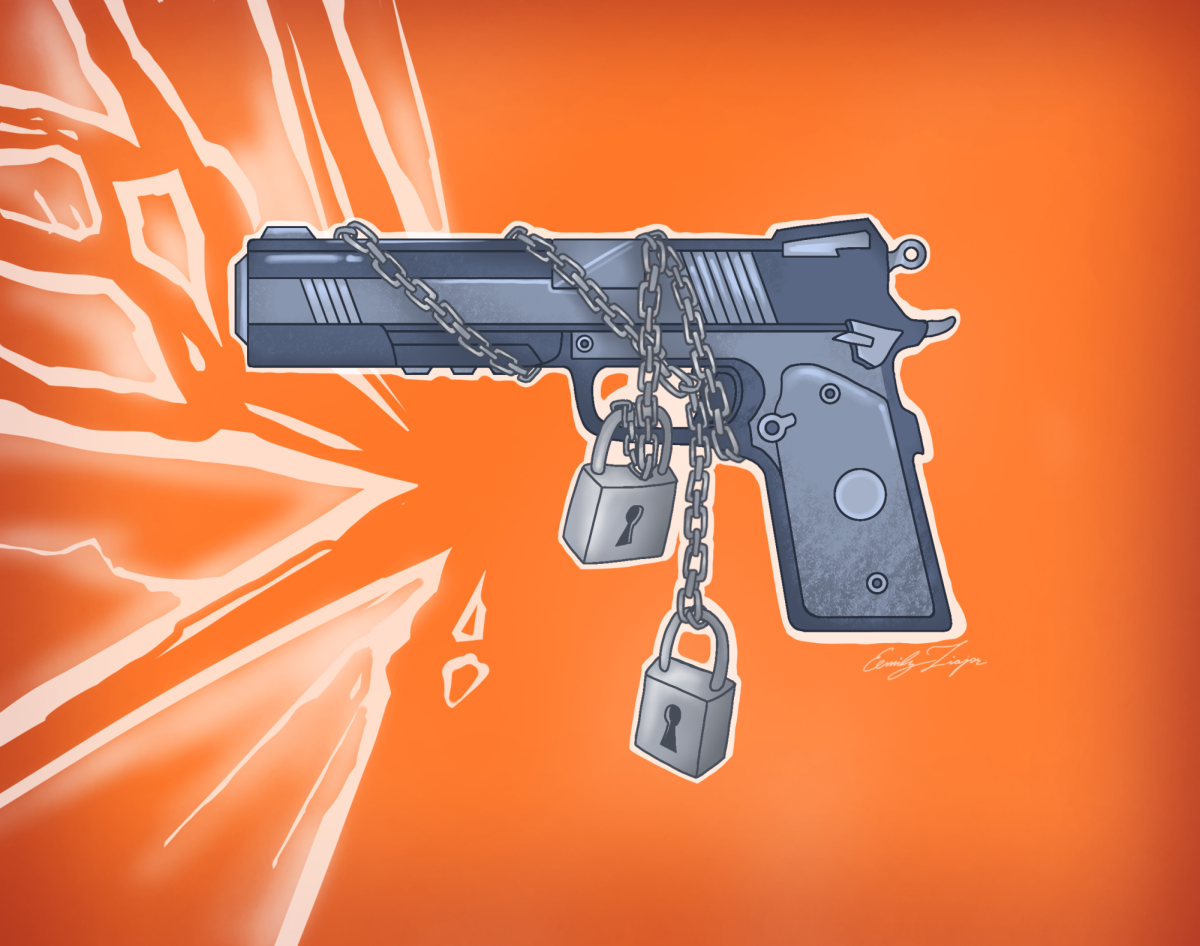I have noticed a worrying trend in the College of DuPage course catalog: many of the courses listed on the COD website are not actually offered. Instead, most scheduled humanities and social science classes are lower-level, survey classes. These courses are often broad in scope and cover introductory material. While these classes can be a beneficial foundation for students, they can also be fact-heavy and sacrifice depth and engagement just to cover a larger portion of the material.
Almost all of the courses that are listed but not offered are upper-level courses. Philosophy does not offer a single 2000-level course, despite listings of really interesting classes like Philosophy of Happiness and Metaphysics and Epistemology. Out of the 11 political science courses listed (not including special projects, selected topics or independent studies), that department only offers five classes, and out of 19 sections, only three of them are 2000-level.
The history department also faces a crucial problem. Almost all of its classes are formatted in an incredibly broad “History of (insert country here).” Do we really expect students to cover the entire history of a nation in just 16 weeks or less without just being bombarded by dates and events?
Granted, the debate over investing in humanities and social science courses has been a nationwide issue for universities. As the cost of living increases for young adults, students are prioritizing education that directly feeds into certain careers. Yet, this is a false premise.
While the humanities require a little more ingenuity in planning careers, the writing, research and critical thinking skills gained from it are invaluable in the workplace. PSA to all of the Boomers: having one of these majors does not mean that the student will inevitably work as a barista. I promise you that sociology major Michelle Obama and philosophy majors Stephen Colbert and Lana Del Rey are doing just fine.
The societal shift towards the devaluation of these degrees is concerning, especially in an internet age where rampant misinformation is being spread and people are constantly falling for it. Yet, it seems colleges are also feeding into the problem, cheapening these departments. We can clearly see it with the course offerings at COD.
While student enrollment can be partially to blame for this, I don’t think interest in the humanities has significantly declined. Rather, this stems from conflicting views over the purpose of college: Is it to prepare students for the workforce, or to foster a pursuit of knowledge that allows students to improve their lives? Colleges and society have been favoring the first definition over the second, boxing students into certain academic interests. But does it have to be an all-or-nothing game?
If College of DuPage promises to provide a high-quality education to all of their students, then the college is failing to deliver on it. The disproportionate number of 1000-level classes chosen by the administration is detrimental to student success. The course selections for those in the humanities and social sciences lack the rigor and depth needed for a well-rounded education. If COD wants to provide an educational experience that is just as valuable as a 4-year institution (and for some students, properly prepare them for transfer), we need more specialized classes.
There is a clear push by the administration to improve retention and graduation rates. These rates may improve if students are presented with material that is more specific, rigorous and engaging, rather than these broad topics that can seem overwhelming and based too heavily on memorization of facts/dates.
My favorite classes at COD focused on uncovering the minute details and symbolism of texts, spending significant time on close annotations of specific passages. And no, I may not remember the exact impact of something like the masculinity crisis on Victorian literature, but I know how to critically read and examine input, finding themes and contradictions within humanity.
Despite what overly antagonistic white men say about the uselessness of a Gender and Sexuality Studies degree on X, there is practical value in examining the institutions and structures of the world around us. And it would be foolish to believe STEM doesn’t require interdisciplinary connections with the humanities. Doctors need to understand the socioeconomic barriers to healthcare. Engineers need to understand how public policy and racism have shaped civil planning and design.
I was also curious about how professors feel about teaching these introductory classes, especially as they teach multiple sections of these courses each semester. I talked to David Goldberg, professor of political science and president of the faculty union, about the impact of survey classes on faculty.
“I think there is an attempt to try to narrow the focus on those 1000-level classes, which we all expect to teach at community college,” said Goldberg. “My colleagues, we all teach American government, and we enjoy teaching it. But we also have specialties, and we are also uniquely qualified and trained to teach those specialties. At the administrative level, faculty are either encouraged or told explicitly, ‘You can’t teach your,’ – I’m reluctant to use this term – ‘boutique class.’ When you are simply delivering the same lecture three or four times in a row, I think that it leads to burnout, a lack of creativity, a lack of innovation and not having the freshest use of folks that should be inspiring students.”
Goldberg also warned that it is just as detrimental to students.
“If we just try to shoehorn everybody into an [introductory] class, I don’t think that it serves us well, and students will be eager to move on instead of saying, ‘I want to join this club,’ (or) I want to work with faculty that is known for this thing,’” he said. “I think that that is a mistake, and we’ve been pursuing that mistake for five years now.”
COD is an incredibly diverse and talented community. However, I can’t help but feel that the potential of students and faculty is being stifled. I want COD to put its vast resources to use. But as of right now, COD is not providing its students with the best possible education.
However, there is an easy fix. The administration can work to bring back past upper-level classes that have already been part of the curriculum. Additionally, there should be a focus on staff and student input. If teachers want to teach specialized classes and students want to learn about these topics, then there is no reason why we should have such a disproportionate amount of 1000-levels. I mean, these professors have spent eight or more years learning their specialties, so why not use them?









